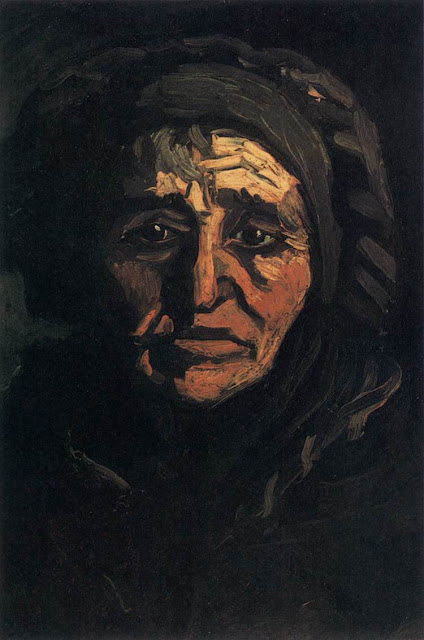‘But she out of her poverty has put in everything she had, all she had to live on.’ Sunday Reflections, 32nd Sunday in Ordinary Time, Year B
Readings (New American Bible: Philippines, USA)
Readings (Jerusalem Bible: Australia, England & Wales, India [optional], Ireland, New Zealand, Pakistan, Scotland, South Africa)
Gospel Mark 12:38-44 [or 12:41-44] (New Revised Standard Version, CatholicEdition, Canada)
[As Jesus taught, he said, “Beware of the scribes, who like to walk around in long robes, and to be greeted with respect in the marketplaces, and to have the best seats in the synagogues and places of honor at banquets! They devour widows’ houses and for the sake of appearance say long prayers. They will receive the greater condemnation.”]
Jesus sat down opposite the treasury, and watched the crowd putting money into the treasury. Many rich people put in large sums. A poor widow came and put in two small copper coins, which are worth a penny. Then he called his disciples and said to them, “Truly I tell you, this poor widow has put in more than all those who are contributing to the treasury. For all of them have contributed out of their abundance; but she out of her poverty has put in everything she had, all she had to live on.”

Head of a Peasant Woman with Greenish Lace Cap, Van Gogh, 1885
Rijksmuseum Kröller-Müller, Otterlo, Netherlands [Web Gallery of Art]
There are moments that remain a grace from God for a person for the rest of his life, moments when he was simply an observer rather than a participant. One such moment for me happened one night about forty years ago in Ozamiz City, Mindanao. It was quite late and I was looking out through an upstairs window in the convento (presbytery/rectory) of the Cathedral. As we say in Ireland, ‘there wasn’t a sinner’ on the cathedral plaza except for two persons. One was a man, a beggar maybe in his 30s. The other was Gregoria, known to everyone as ‘Guria’, a ‘simple’ woman and very gentle who would often wander in an out of classrooms in schools, doodle on the board and leave without having distracted anyone.
I noticed Guria, who was perhaps in her 40s, approach the man. She had two small pieces of bread, what we call pandesal here in the Philippines. She gave one to the beggar, just like St Martin of Tours when still a soldier cutting his ample cloak in two and giving one half to a beggar. (St Martin’s feast day is on Wednesday 11 November.)

St Martin of Tours and the Beggar, El Greco, 1597-99
National Gallery of Art, Washington DC [Wikipedia]
What Guria did was pure, unselfish love. And yet she was probably unaware of this and certainly totally unaware of the fact that someone was observing her. She did not have a strong gift of reflection whereas God has given this to me and to most of us. But we don’t always use that gift.
St Mark tells us, Jesus sat down opposite the treasury, and watched the crowd putting money into the treasury. And he saw ‘Guria’ there. Perhaps she looked like the Dutch peasant woman in Van Gogh’s painting above. But it would seem that his disciples hadn’t observed her until Jesus drew their attention to her.
It is said that St Martin, after he had shared his cloak with the beggar, saw Jesus in a dream wearing that half-cloak. The reality is that Christ shows himself frequently to us, if we have eyes to see, as he showed himself to me through Guria 40 years ago, and on many other similar occasions down the years.

A bronze mite, Judea, 1st century BC [Wikipedia]
In the video below is the story of Kesz Váldez, from Cavite City, near Manila, who when still a ‘mite’ from a very impoverished background shared what he had, his ‘widow’s mite’, with other children on his seventh birthday, the first he had ever celebrated. He received the International Children’s Peace Prize in 2012.
